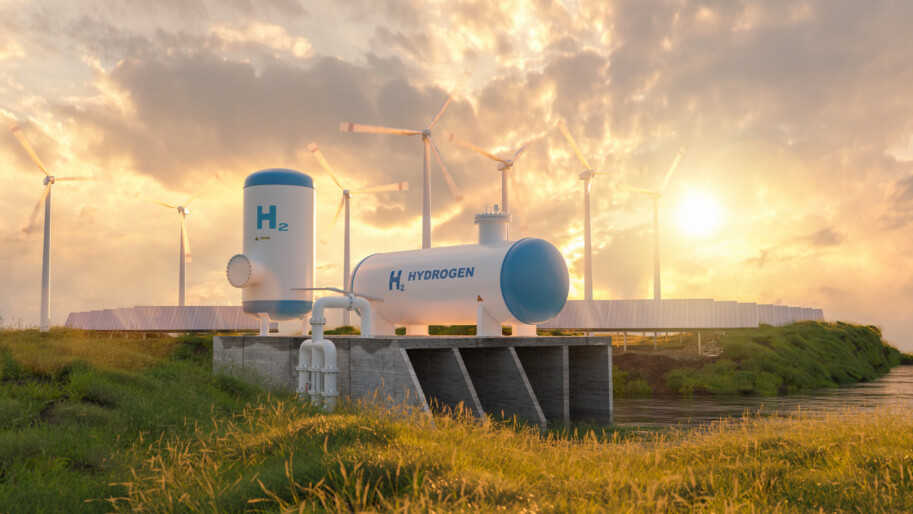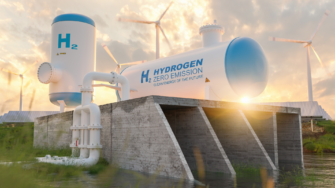California lawmakers are poised to invest taxpayer dollars in developing hydrogen technologies to power the electricity grid, cars, trucks, ships, planes, and industrial processes. Before making such a commitment, lawmakers must better understand the health, safety, and financial risks of pursuing hydrogen and the opportunity cost of choosing it over other technologies. For example, electrifying vehicles is far less expensive and more efficient than switching to hydrogen, and there may be other decarbonization methods that are healthier, safer, and more cost-effective.
SB 414 (Allen) would direct state agencies to assess the health, safety, and environmental risks of hydrogen, as well as evaluate the energy efficiency, cost, and greenhouse gas emissions-reduction potential compared to alternatives such as electrification. For the purposes of the SB 414 assessments, the agencies would only consider hydrogen not derived from fossil fuels in their assessment. The assessment would also rank hydrogen uses from highest to lowest priority.
Status: (Updated 1/29/24) Failed in committee.
More Information
Existing law requires California to reach net-zero greenhouse gas emissions no later than 2045 and to maintain net-negative emissions thereafter. Existing law requires the California Air Resources Board (CARB), by June 1, 2024, to prepare and post an evaluation on its website related to the use of hydrogen in the state.
This bill would require CARB, in consultation with the California Energy Commission (CEC) and the Public Utilities Commission (CPUC), to complete an assessment of the use of hydrogen in certain applications no later than 2025.
The bill would require CARB, the CEC, and the CPUC to consider the findings in the assessment in their plans, rulemakings, reports, or other processes related to the planning, implementation, or regulation of hydrogen production, distribution, storage, or usage in the state.


